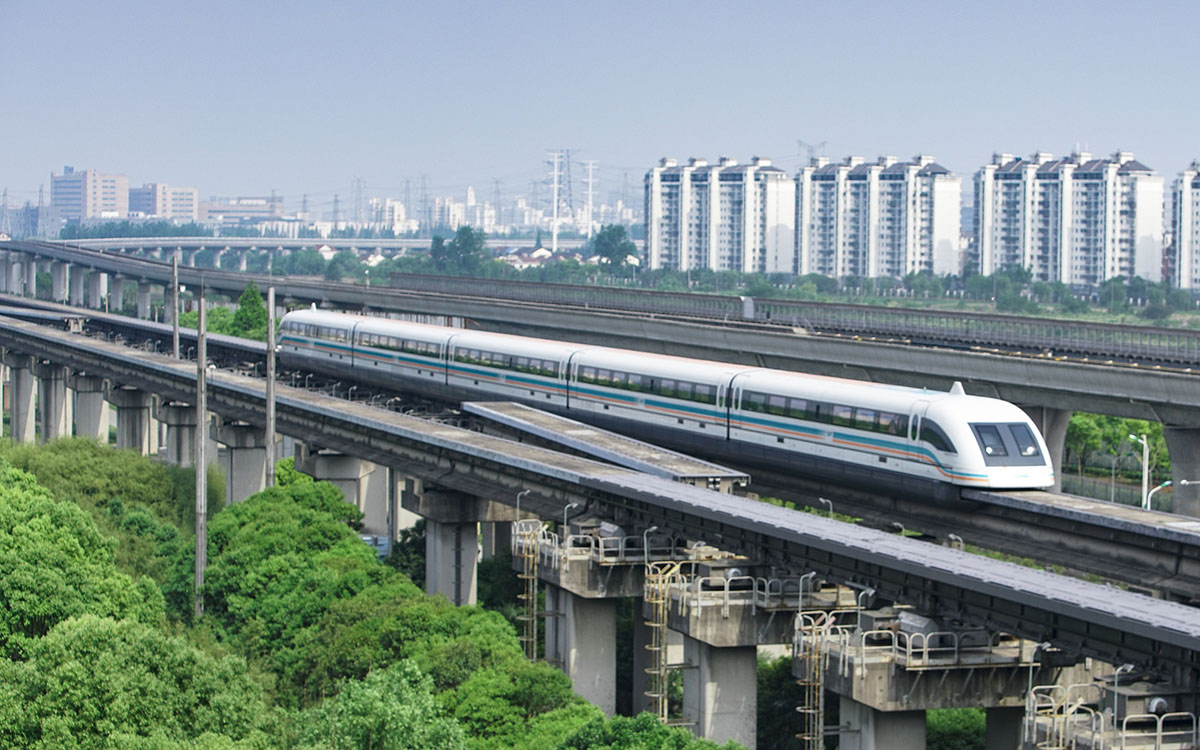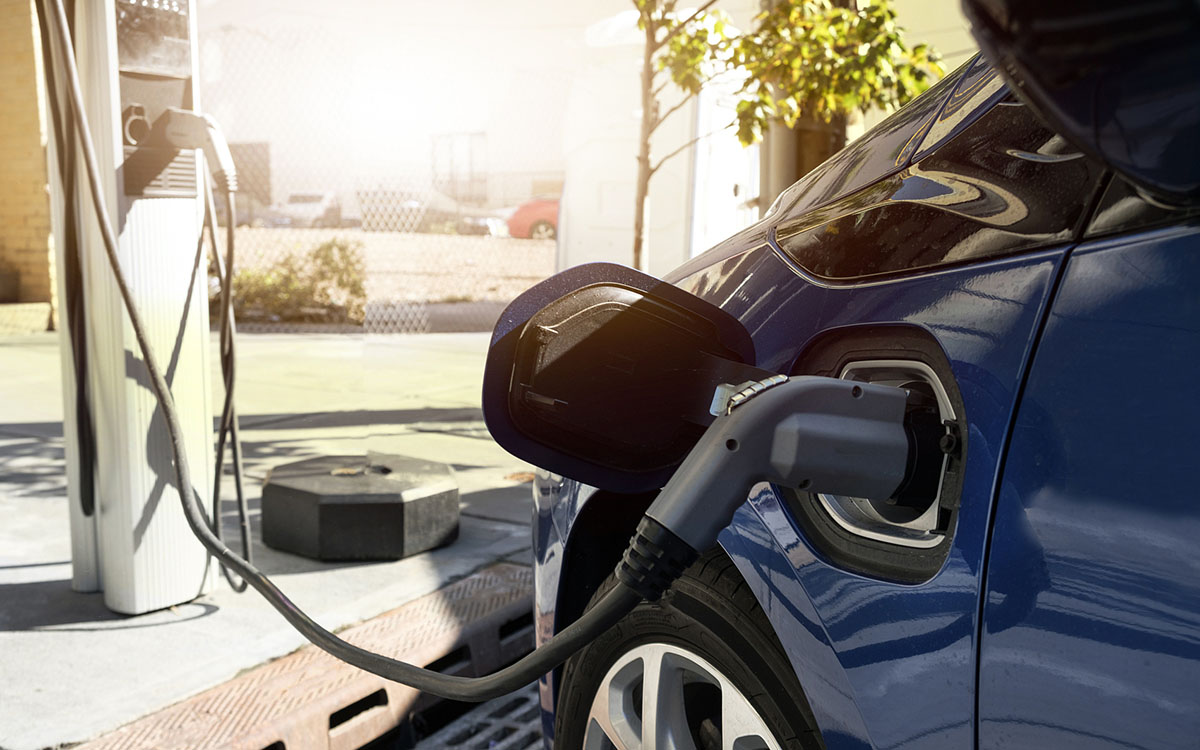Aluminum is used in transportation because of its unbeatable strength to weight ratio. Its lighter weight means that less force is required to move the vehicle, leading to greater fuel efficiency. Although aluminum is not the strongest metal, alloying it with other metals helps to increase its strength. Its corrosion resistance is an added bonus, eliminating the need for heavy and expensive anti-corrosion coatings.
While the auto industry still relies heavily on steel, the drive to increase fuel efficiency and reduce CO2 emissions has led to a much wider use of aluminum. Experts predict that the average aluminum content in a car will increase by 60% by 2025.



High-speed rail systems like the ‘CRH’ and the Maglev in Shanghai also use aluminum. The metal allows designers to reduce the weight of the trains, cutting down on friction resistance.
Aluminum is also known as the ‘winged metal’ because it is ideal for aircraft; again, due to being light, strong and flexible. In fact, aluminum was used in the frames of Zeppelin airships before airplanes had even been invented. Today, modern aircraft use aluminum alloys throughout, from the fuselage to the cockpit instruments. Even spacecraft, such as space shuttles, contain 50% to 90% of aluminum alloys in their parts.





